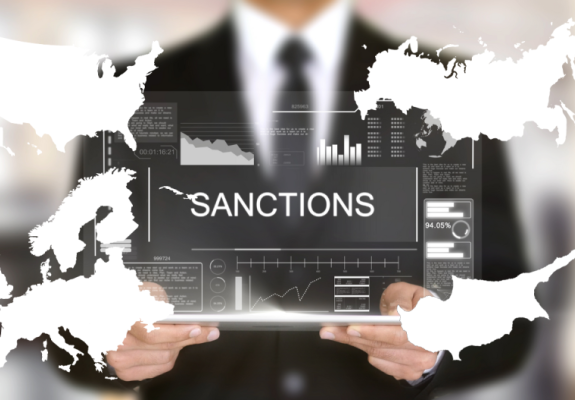The Ukrainians Powering Cyprus’s Economy—And Why They Might Leave
New report calls for urgent data integration and policy planning to prevent post-war Ukrainian exodus and economic fallout.
The Ukrainian community has played a far more significant role in Cyprus's economy than official statistics reveal, according to a new report by the Fiscal Council, which warns of serious risks if a large-scale return of Ukrainians to their home country occurs after the war.
Despite the growing Ukrainian presence following Russia’s 2022 invasion, authorities in Cyprus lack a cohesive understanding of the community’s economic impact. The report criticizes the fragmentation of data across various ministries and agencies, making it difficult to assess the full scope of Ukrainians’ contributions to public revenues, employment, investment, and consumption.
To fill this gap, the Council commissioned a survey by IMR/University of Nicosia, focusing on 500 Ukrainian residents. Although limited in scope, the findings offer a clear indication that the Ukrainian economic footprint is likely underestimated and increasingly important for the Cypriot economy.

-
Underreported population and residency: Many Ukrainians categorized as tourists show consumption patterns indicating long-term or permanent residence. The true number of Ukrainian residents could exceed official estimates by several thousand.
-
High tax residency rate: Nearly 80% of Ukrainians surveyed identify as tax residents of Cyprus, suggesting a strong fiscal link to the state.
-
Economic activity centered in tech: Approximately 35% of Ukrainians and 44% of Ukrainian businesses in Cyprus are involved in technology. This aligns with post-2022 spikes in Cypriot tech exports and value-added output. Other sectors include trade, culture, and financial services.
-
Strong employment and entrepreneurship: 44% are full-time employees, 12% are self-employed, and 5% are investors or business executives. One-third report employing Cypriots.
-
Higher-than-average incomes: Around 34% of respondents earn over €35,000 annually, with 6% earning more than €75,000—above the local average. Educational levels are also high, with 65% holding postgraduate or doctoral degrees.
-
Spending power remains in Cyprus: About 80% of Ukrainians spend over half their income in Cyprus, though higher-income individuals tend to remit more to Ukraine, possibly reflecting stronger ties and future return plans.
-
Investment footprint: 14% of Ukrainians have invested in Cyprus, mostly in real estate (74%), but also in IT (11%), trade (14%), finance (14%), and hospitality (9%).
The Council warns that without consolidated administrative data and policy foresight, Cyprus could face a significant loss of tax revenue and economic activity if even a quarter of Ukrainians depart rapidly after the war ends—a scenario deemed “quite likely.”
Notably, higher-income Ukrainians show the lowest intention to stay: 44% of those earning over €75,000 say they are unlikely to remain in Cyprus. In contrast, mid-income earners (between €35,000–€75,000) exhibit the highest willingness to stay, with 24% confirming they will definitely remain and another 66% saying it is very likely.
The main motivations for returning include family reunification (18%) and economic reasons (11%), though one in four said they had no clear reason.
The Council stresses that further research, based on larger and more representative samples, is essential. It also urges the government to centralize and analyze existing data scattered across ministries such as Labour, Education, Interior, and Finance.
Critically, the Council advocates for proactive policies to encourage Ukrainians to maintain business links with Cyprus—even if they return to Ukraine. This could include incentives for foreign direct investment from Cyprus into Ukraine, rather than a full relocation of Ukrainian enterprises back home.
“Such a strategy, built on solid data, could not only mitigate the risk of economic loss but potentially turn it into an opportunity,” the Council concludes.






